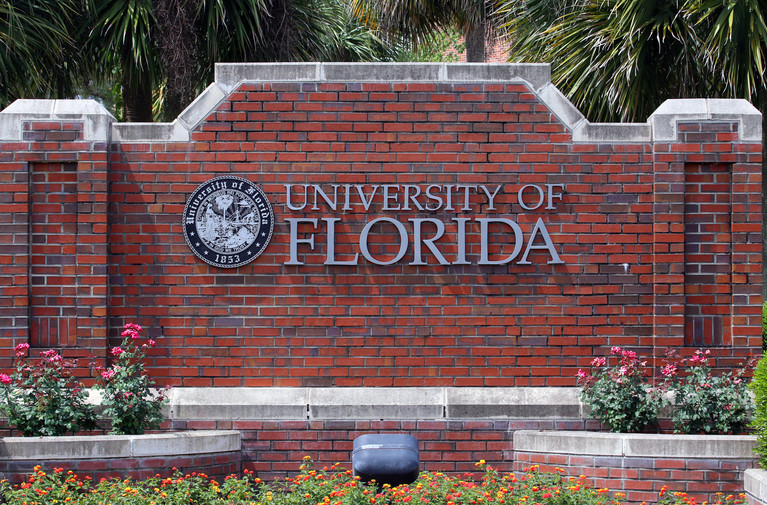By Legal Correspondent
August 21, 2025
The U.S. Court of Appeals for the Eleventh Circuit has dismissed an appeal from a University of Florida professor, citing the court’s strict adherence to its prior-panel-precedent rule. The ruling, issued on Wednesday, August 20, 2025, determined that the professor’s appeal was filed too late, reinforcing the circuit’s long-standing practice of following earlier panel decisions unless overruled by the court sitting en banc or by the U.S. Supreme Court.
The case involved an English professor who alleged free speech violations by University of Florida officials. The professor claimed that certain actions by the university infringed upon his First Amendment rights, but the Eleventh Circuit declined to address the merits of the case, focusing instead on procedural grounds. According to the court, the professor missed the deadline for filing his appeal, rendering it untimely under established circuit precedent.
The Eleventh Circuit’s prior-panel-precedent rule, a cornerstone of its judicial process, mandates that a three-judge panel is bound by the decisions of prior panels unless those decisions are explicitly overruled. This principle ensures consistency and stability in the circuit’s rulings, as highlighted in cases such as McNeal v. GMAC Mortgage, LLC (735 F.3d 1263, 11th Cir. 2012), where the court emphasized that a panel cannot overrule a prior panel’s holding, even if it believes it was incorrect, without en banc review or a Supreme Court decision directly on point.
In this instance, the court referenced its own precedent to determine that the appeal’s untimeliness warranted dismissal. The decision aligns with the circuit’s broader approach to maintaining uniformity in legal interpretations, a practice rooted in the reorganization of the Fifth Circuit into the Eleventh Circuit in 1981. Decisions from the former Fifth Circuit before October 1, 1981, remain binding in the Eleventh Circuit, further underscoring the court’s commitment to precedent.
Legal analysts note that the ruling reflects the Eleventh Circuit’s rigorous application of procedural rules, which can sometimes overshadow substantive claims. “The prior-panel-precedent rule is a double-edged sword,” said Professor Emily Carter, a constitutional law expert at Florida State University. “It promotes consistency but can also prevent courts from revisiting issues in light of new arguments or circumstances unless higher authority intervenes.”
The dismissal has sparked discussion among academic and legal communities, particularly regarding the balance between free speech protections and procedural compliance in university settings. The professor’s legal team has not yet announced whether they will seek further review, though options include requesting an en banc rehearing or petitioning the U.S. Supreme Court. However, the Eleventh Circuit’s decision, grounded in its prior-panel-precedent rule, stands as a reminder of the importance of adhering to appellate deadlines.
The case has also drawn attention on social media, with some users on X expressing frustration over the dismissal, arguing that it sidesteps critical free speech issues. Others, however, view the ruling as a necessary enforcement of procedural discipline.
As the legal community awaits potential next steps, this case underscores the Eleventh Circuit’s steadfast commitment to its procedural framework, even in high-stakes constitutional disputes. For now, the professor’s claims remain unresolved, leaving open questions about the intersection of academic freedom and judicial process.
Sources: Eleventh Circuit opinions, legal analyses, and posts on X.
